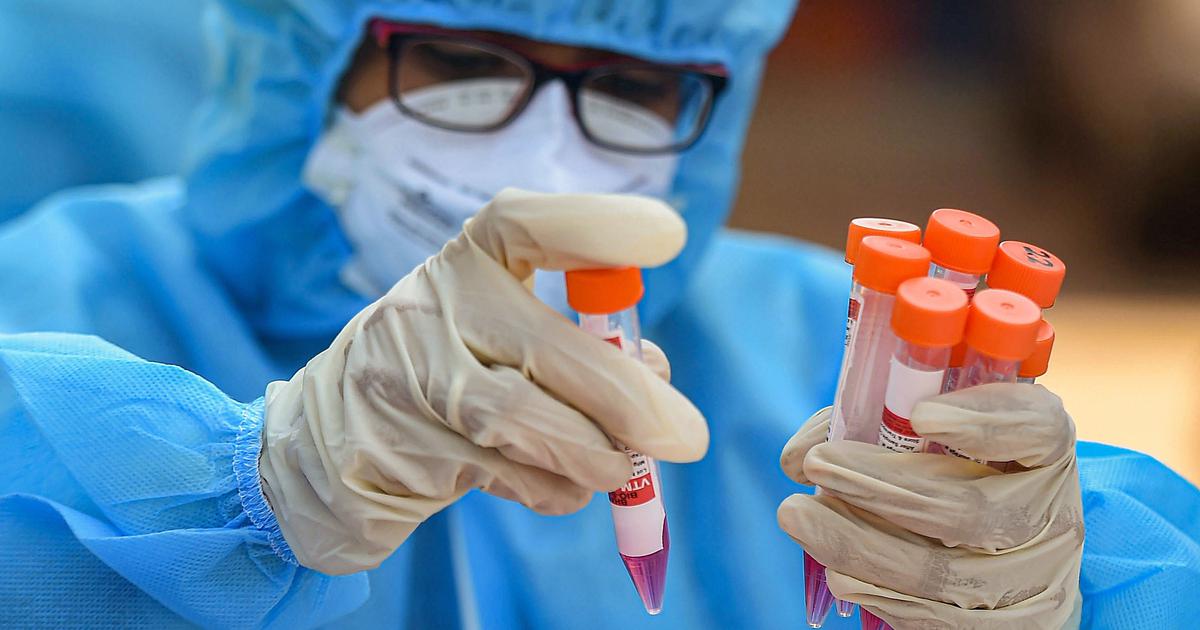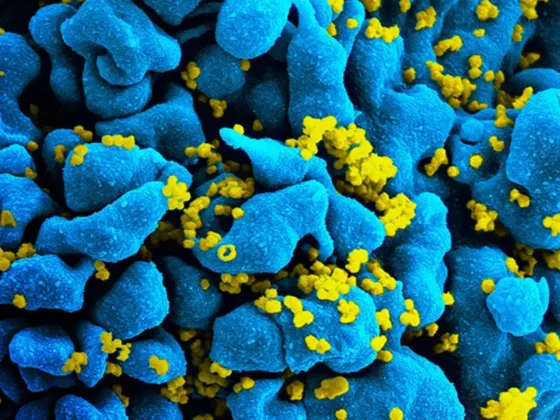A Bangalore-based start-up has developed a novel, point-of-care Electrochemical ELISA test that enables fast and accurate estimation of total antibody concentration of COVID 19 in clinical samples.
PathShodh Healthcare, the start-up incubated at the Society for Innovation and Development (SID), Indian Institute of Science (IISc), has made a very significant breakthrough to develop the first of its kind, semi-quantitative Electrochemical ELISA test for COVID-19 IgM and IgG antibodies.
While Qualitative analysis detects constituent elements in the sample, semiquantitative analysis gives an approximate estimation of their concentrations. PathShodh has received the license to manufacture for sale from the Central Drugs Standard Control Organisation (CDSCO), after validation at Translational Health Science and Technology Institute (THSTI), Faridabad, as per the requirements of Indian Council of Medical Research (ICMR).
This novel technology and product was supported by the Department of Science and Technology (DST), Government of India, under its initiative on Centre for Augmenting WAR with COVID-19 Health Crisis (CAWACH). The effort was coordinated through SINE at IIT Bombay and IKP Knowledge Park, Hyderabad.
The novelty of the technology is based on the measurement of electrochemical redox activity of IgM and IgG antibodies specific to SARS-CoV-2 Spike Glycoprotein (S1). The S1 protein hosts the Receptor Binding Domain (RBD), which latches to the ACE2 receptors on the cells before infection.
Hence the antibody tests targeting S1 spike protein are more representative of an immune response against infection compared to other antibody tests targeting Nucleocapcid (N) protein. PathShodh’s technique is also a major departure from the qualitative rapid antibody tests in the market, which are primarily based on lateral flow ELISA technique. The technology has been protected through US and Indian patent applications.
“The capability to quantify the COVID-19 antibody concentration will be very crucial in estimating the temporal decay of antibodies, and hence its possible impact on immunity against recurrence of infection. On a related note, this technique will also play a very big role in elucidating seroconversion response to COVID-19 vaccines, and thereby play a supporting role in vaccination programs in future,” said Prof. Navakanta Bhat, Dean, Division of Interdisciplinary Sciences and Professor, Centre for Nano Science and Engineering, IISc, who is also the co-founder of PathShodh Healthcare.











